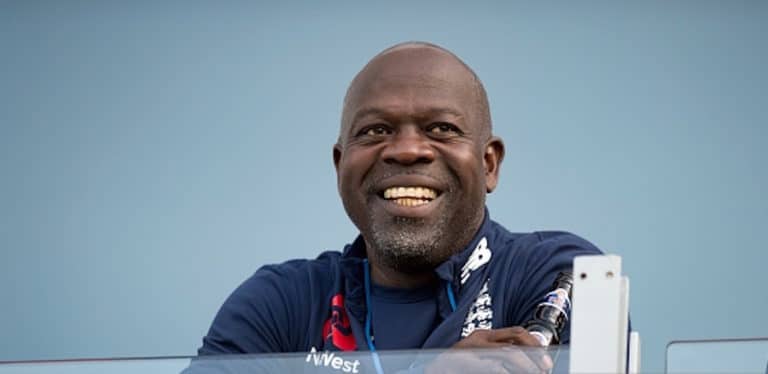New coach Ottis Gibson will need to address the Proteas’ mental frailties, as well as their technical shortcomings during this period of transition.
The Proteas’ struggles in limited-overs tournaments are well documented. There was a time, however, when they were considered the mental giants of Test cricket.
The Proteas beat England in England in 2012 to become the No 1-ranked side. Their reputation as the leading side in the five-day format was strengthened when they beat Australia in Australia later that year.
Then coach Gary Kirsten would often speak about the team’s relationship with pressure. Back then, the Proteas had the ability to survive a particularly testing session. What’s more, they had the ability to shift gears later in the contest, to seize the initative and then transfer the pressure back to the opposition.
In the wake of that series triumph in England, Kirsten highlighted the training camp held at the very beginning of his tenure in 2011 as significant. It was at that camp where the coaches and the players came together to put a new value system into place and to build a new culture.
It didn’t take long for those changes to yield results, and for South Africa to become recognised as the toughest side in Test cricket.
Six years later, and the Proteas find themselves at another crossroads. Once again, the coaches and the players will have an opportunity to make a significant change.
Gibson has been contracted to coach the team across all three formats until the end of the 2019 World Cup. The Proteas will begin the new era at second in the Test rankings, first in the ODI rankings, and sixth in T20I rankings.
At a glance it may appear as if the Test and ODI sides are well placed. The Test side’s performances this year, however, have been uninspiring. The Proteas were less than impressive in their 1-0 series win in New Zealand, while their mental and technical shortcomings were exposed in the 3-1 loss to England. The ODI side failed to reach the knockout phase of the recent Champions Trophy tournament.
Those rankings aren’t fooling anybody. The Proteas have much to do if they are going to regain the mental edge which allowed them to dominate Test cricket in 2012 and 2013.
Those who know Gibson, say that he will provide the Proteas with new ideas and ultimately a fresher approach. Kepler Wessels made the point recently that Gibson is a strong character and will challenge the players to become better versions of themselves.
Of course, a shift in mindset and tactics may take some time to implement. Gibson will only link up with South Africa in mid-September. The backroom staff is yet to be confirmed. It’s for this reason that Gibson may be reluctant to change too much in the lead-up to the two-Test series against Bangladesh, which starts on 28 September.
On the other hand, the outgoing England bowling coach should have a good idea of what is working in the Proteas’ set-up and what requires changing. South Africa played three ODIs and three T20Is against England in the lead-up to the 2017 Champions Trophy, and four Tests thereafter. It’s no secret that Gibson spent time chatting to various Proteas players while they were on tour in England. He should come into the Proteas set-up with a good idea of the team’s strengths and weaknesses.
One would hope to see a more determined approach in evidence when South Africa host Bangladesh later this month. Batsmen spending time at the crease and then going on to convert 30s and 40s into big centuries. Bowlers cutting out the no-balls. Fielders striving towards a higher standard in terms of catching and saving runs.
Bangladesh claimed a historic Test win against Australia recently and should not be taken lightly when they tour South Africa. That said, the Proteas should have other goals beyond winning the two Tests, as well as the subsequent ODIs and T20Is. The quality of the performances will be as important as the results.
Photo: Visionhaus/Corbis via Getty Images





